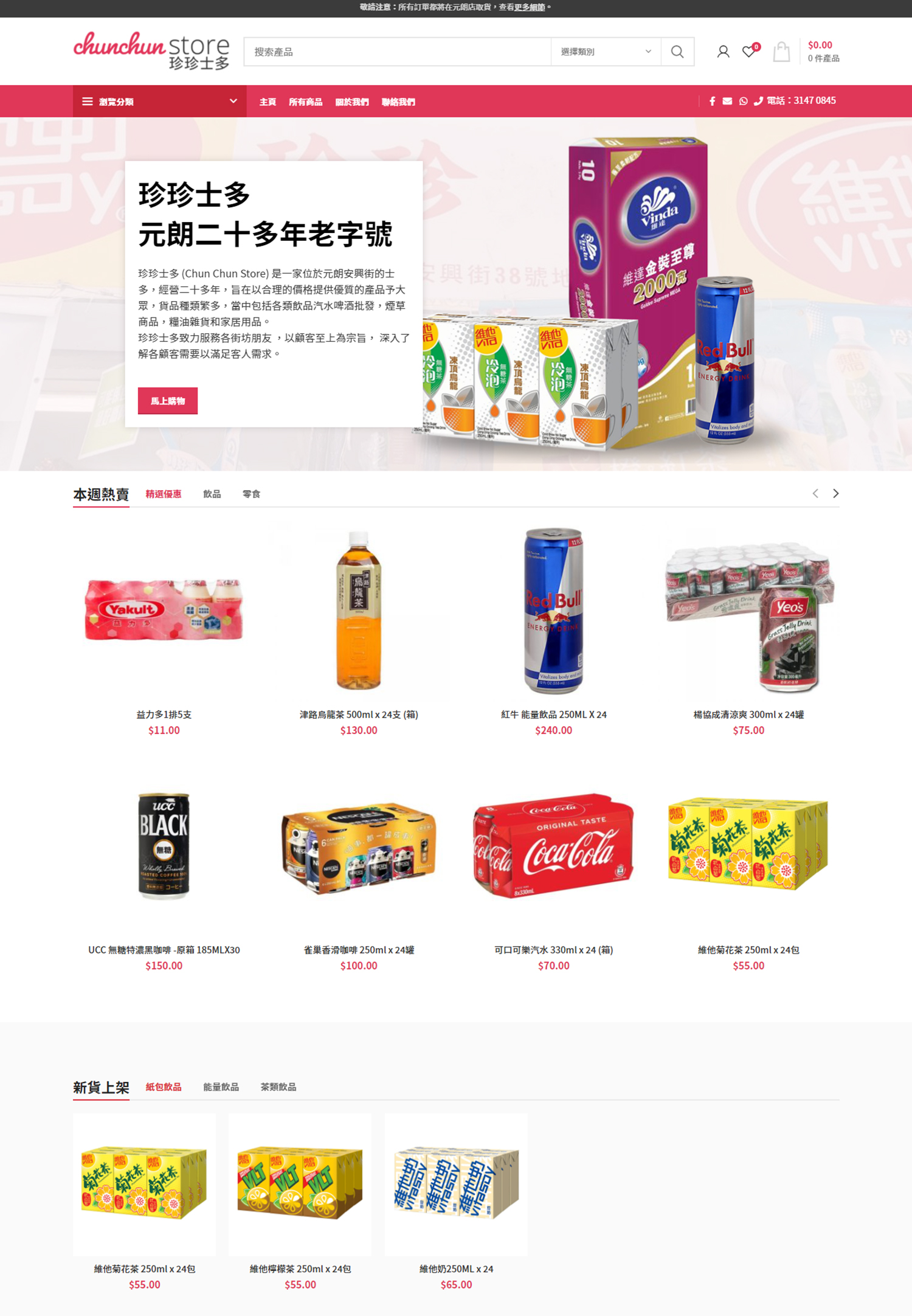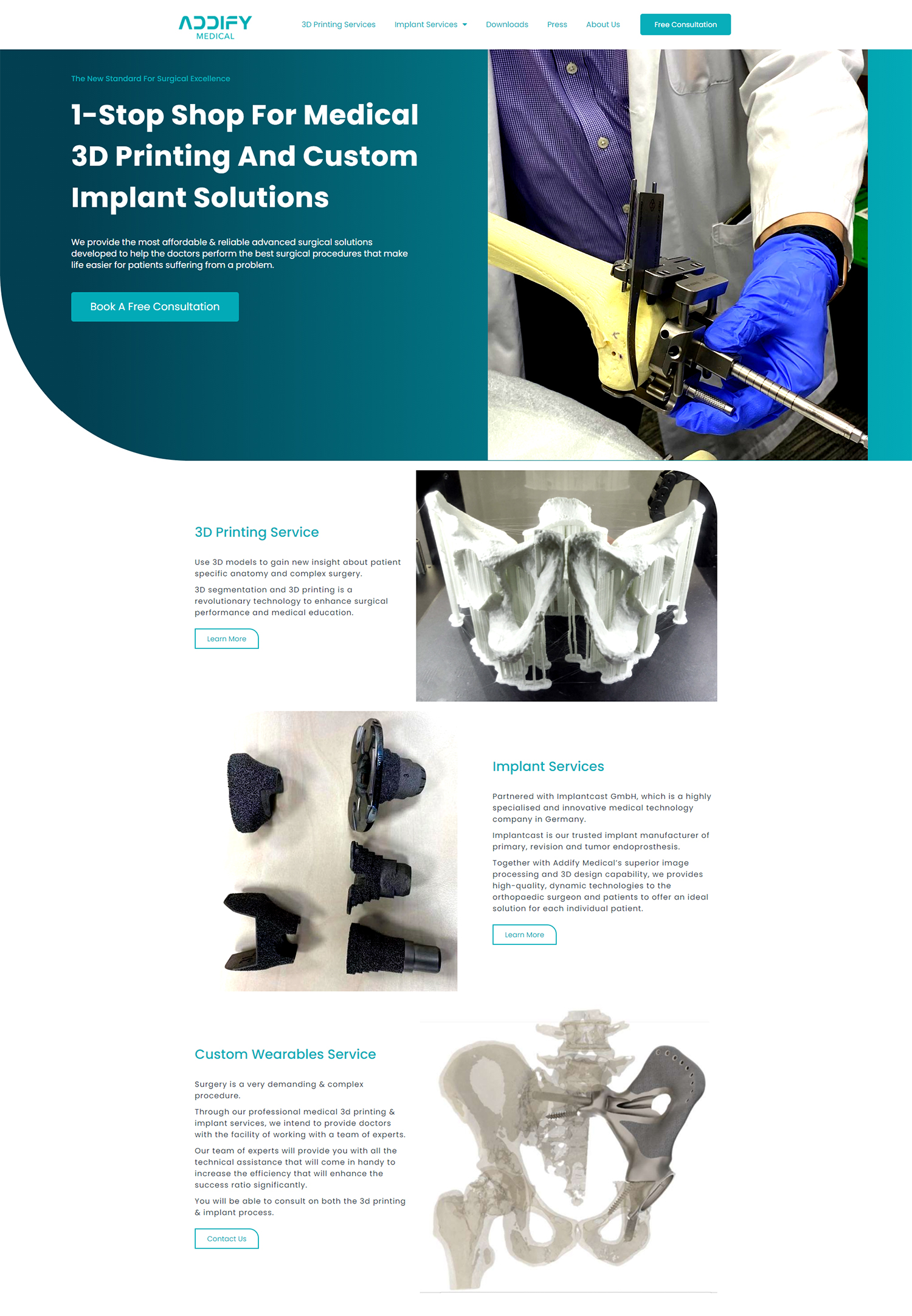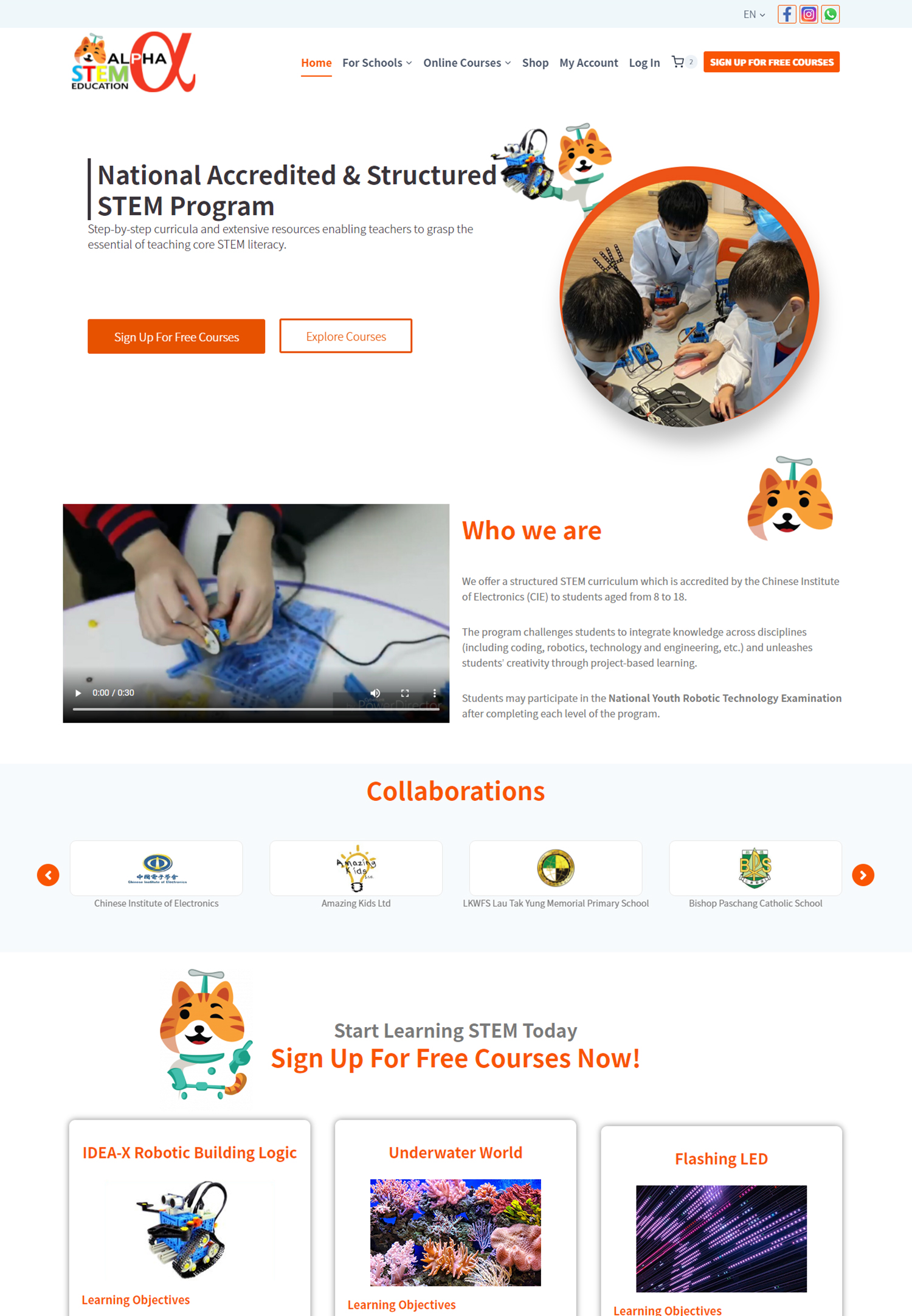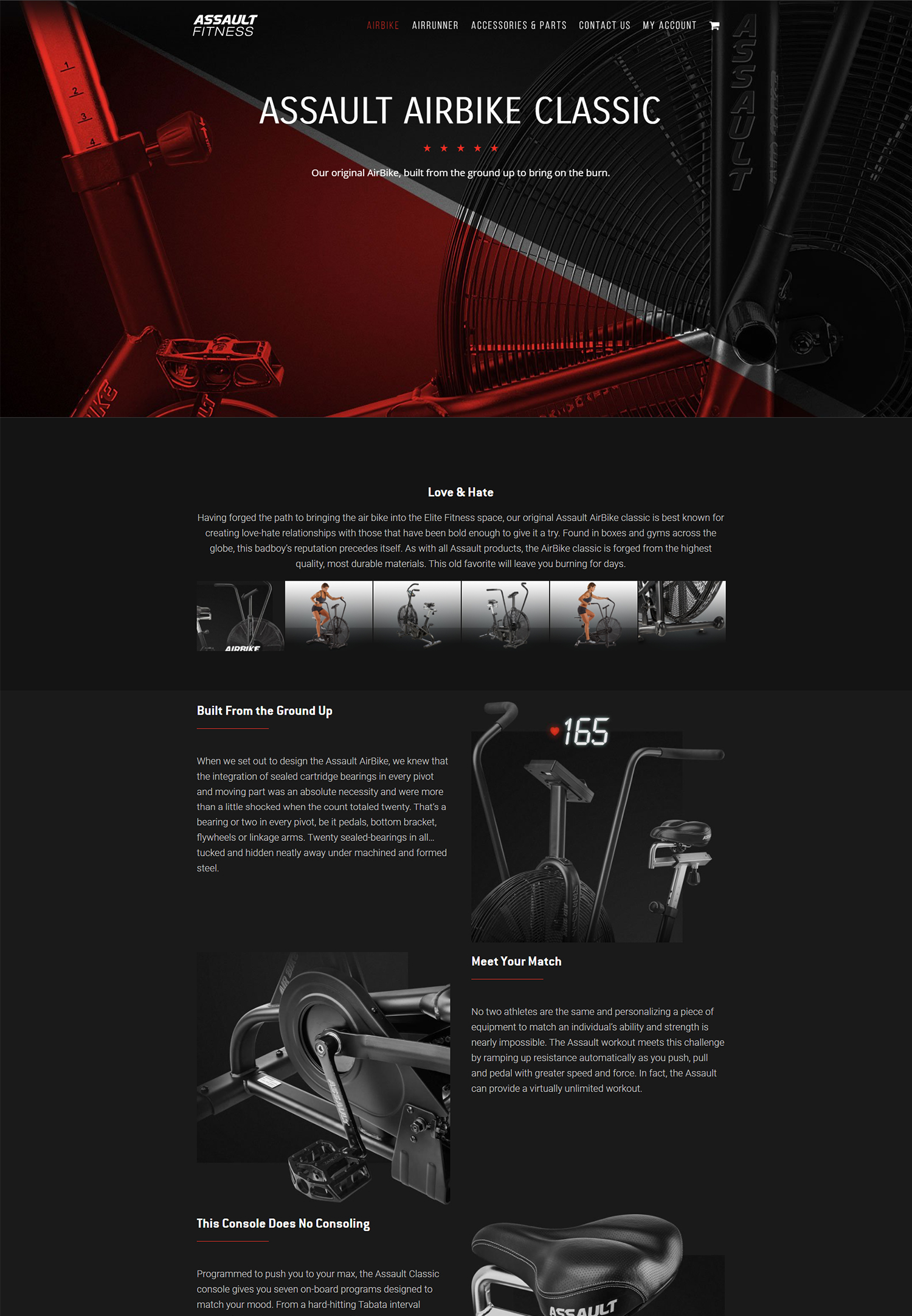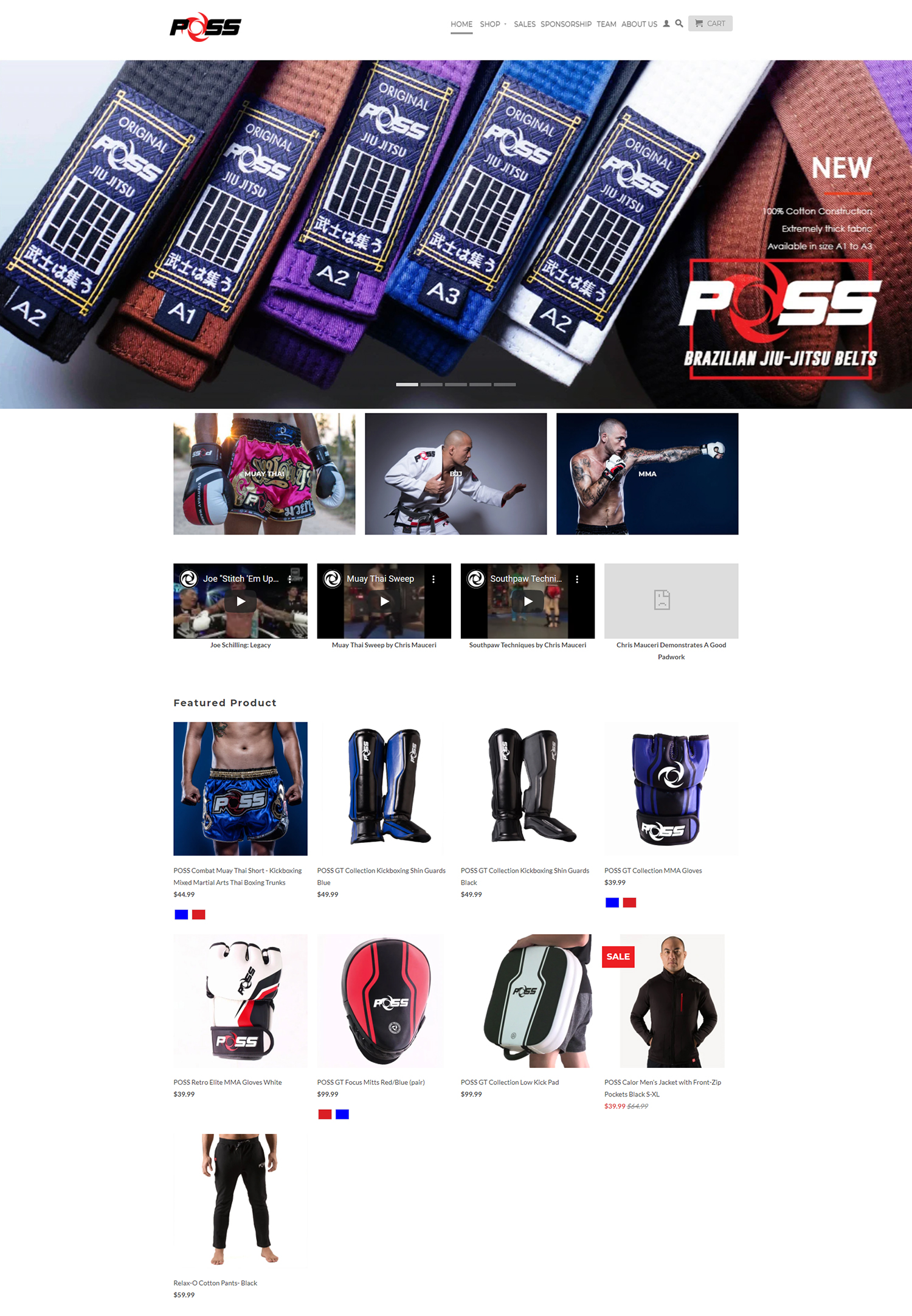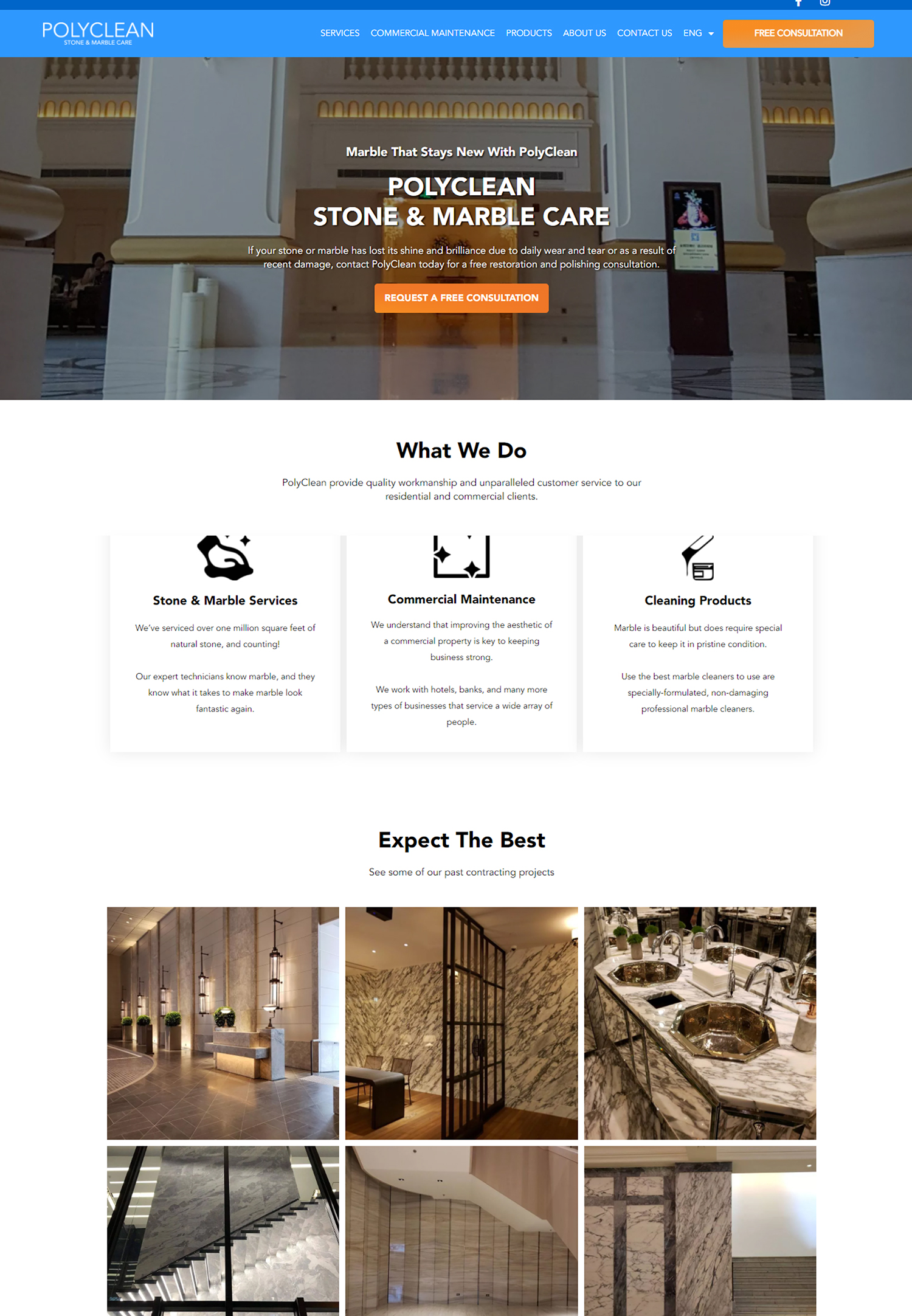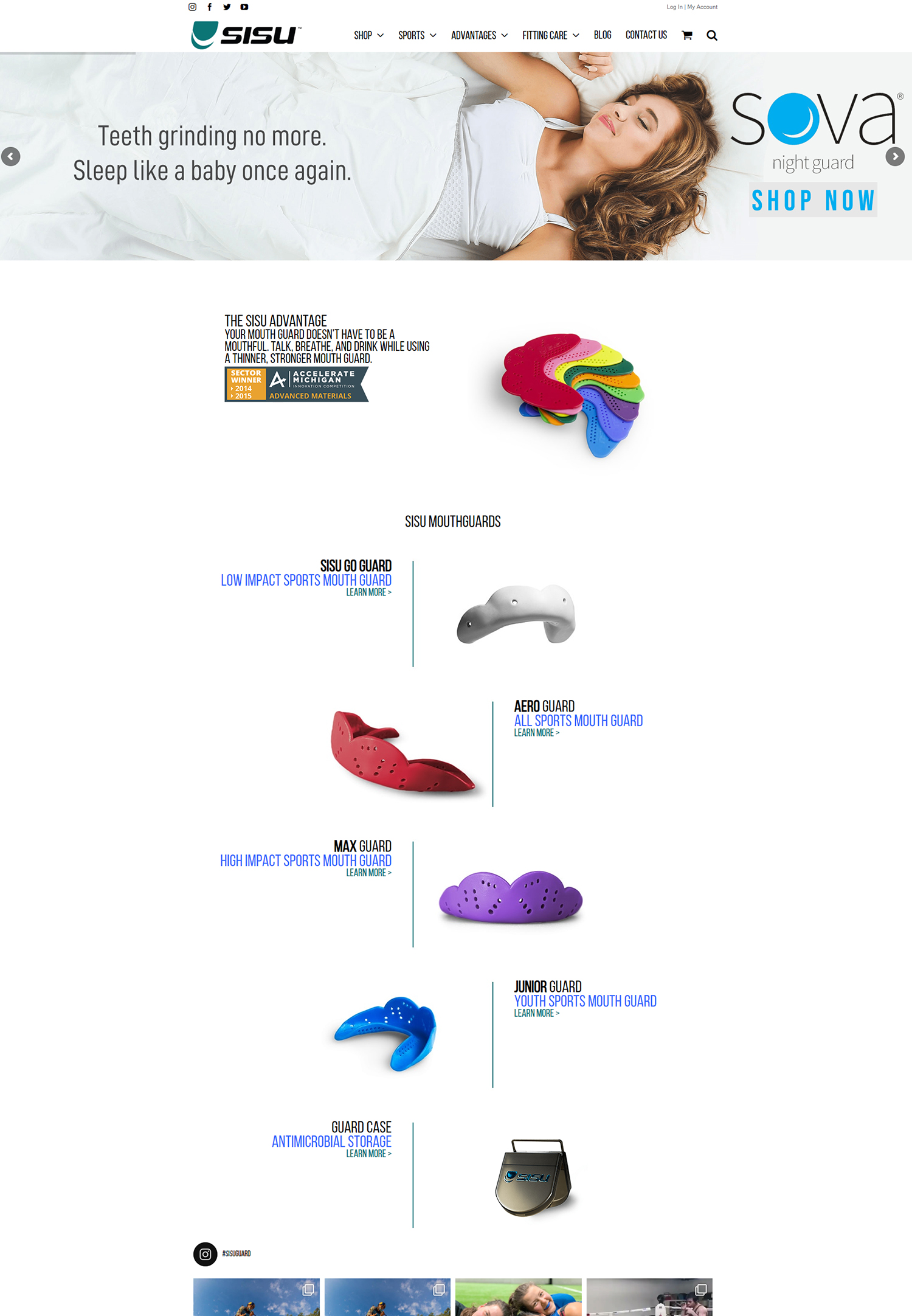To effectively engage with your audience, a deep understanding of your local market is essential. This involves not only recognizing the demographics of your target customers but also grasping their preferences, behaviors, and pain points. For instance, if you operate a coffee shop in a suburban area, knowing that your clientele consists mainly of young professionals and families can guide your product offerings and marketing strategies.
You might discover that these groups prefer organic, locally sourced products, which could lead you to adjust your menu to include more sustainable options. Moreover, understanding the local culture and community dynamics can significantly influence your marketing approach. Each locality has its unique characteristics, from the types of events that are popular to the local traditions that shape consumer behavior.
For example, if your town hosts an annual arts festival, participating in or sponsoring this event can enhance your visibility and strengthen your connection with the community. Conducting surveys, engaging in community forums, and analyzing local trends through social media can provide valuable insights that inform your business decisions and marketing strategies.
Key Takeaways
- Understand the demographics, preferences, and behaviors of your local market to tailor your marketing strategies effectively.
- Use social media platforms to engage with local audiences, share relevant content, and promote your business within the community.
- Optimize your website with local keywords, location-based content, and accurate business information to improve local search visibility.
- Implement local SEO strategies such as creating local listings, obtaining backlinks from local sources, and optimizing Google My Business profile.
- Collaborate with local influencers and form partnerships with other businesses to expand your reach and credibility within the local community.
- Develop localized content and campaigns that resonate with the local audience and address their specific needs and interests.
- Encourage and manage online reviews and testimonials to build trust, credibility, and positive reputation within the local market.
- Measure and analyze the performance of your local digital marketing efforts using tools like Google Analytics and social media insights to make data-driven decisions for improvement.
Leveraging Social Media for Local Reach
Creating Engaging Content
For instance, a local restaurant might use Instagram to showcase its daily specials or highlight customer testimonials through visually appealing posts. Engaging content that reflects local culture or events can foster a sense of community and encourage sharing among followers, amplifying reach organically.
Targeted Advertising
Additionally, social media advertising offers robust targeting options that allow businesses to reach specific demographics within their locality. For example, Facebook Ads can be tailored to target users based on their location, interests, and behaviors. A boutique clothing store could run ads specifically targeting women aged 18-35 within a five-mile radius, promoting a new collection that aligns with local fashion trends.
Driving Results
By leveraging these tools effectively, businesses can not only increase brand awareness but also drive foot traffic to their physical locations.
Optimizing Your Website for Local Search
A well-optimized website is crucial for attracting local customers who are searching for products or services in their area. This begins with ensuring that your website is mobile-friendly, as many users conduct local searches on their smartphones. A responsive design enhances user experience and can significantly reduce bounce rates.
Furthermore, incorporating local keywords into your website’s content is vital for improving search engine rankings. For instance, a plumbing service in Austin should include phrases like “Austin plumbing services” or “emergency plumber in Austin” throughout its site to capture relevant search traffic. In addition to keyword optimization, it’s essential to create a Google My Business profile.
This free tool allows businesses to manage their online presence across Google, including Search and Maps. By providing accurate information such as business hours, location, and contact details, you enhance your chances of appearing in local search results. Regularly updating this profile with posts about promotions or events can also keep your audience engaged and informed.
Utilizing Local SEO Strategies
| Local SEO Strategy | Metrics |
|---|---|
| Google My Business | Number of views, clicks, and calls |
| Local Keywords | Ranking on local search results |
| Local Citations | Number of online directories and listings |
| Online Reviews | Rating and number of reviews |
Local SEO strategies are designed to improve visibility in local search results and attract nearby customers. One effective approach is to build citations—mentions of your business name, address, and phone number (NAP) on various online directories such as Yelp, Yellow Pages, and local chamber of commerce websites. Consistency in NAP information across these platforms is crucial; discrepancies can confuse search engines and potential customers alike.
Another important aspect of local SEO is acquiring backlinks from reputable local websites. Collaborating with local bloggers or news outlets can provide valuable backlinks that enhance your site’s authority in the eyes of search engines. For example, if a local food blogger writes a review of your restaurant and links back to your website, it not only drives traffic but also signals to search engines that your business is relevant within the local context.
Engaging in community events or sponsoring local charities can also create opportunities for backlinks while simultaneously boosting your brand’s reputation.
Engaging with Local Influencers and Partnerships
Influencer marketing has gained traction as a powerful tool for reaching specific audiences, particularly within local markets. Collaborating with local influencers who have a strong following can help amplify your brand message and increase credibility among potential customers. For instance, if you own a fitness studio, partnering with a local fitness influencer to promote a special class or event can attract their followers who are likely interested in fitness-related activities.
In addition to influencers, forming partnerships with other local businesses can create mutually beneficial opportunities. A bakery might collaborate with a nearby coffee shop to offer a special discount for customers who purchase items from both establishments. Such partnerships not only enhance customer experience but also expand each business’s reach through cross-promotion.
By leveraging the existing customer bases of partner businesses, you can tap into new audiences while fostering a sense of community among local enterprises.
Creating Localized Content and Campaigns
Personalize Your Marketing Messages
Localized content is key to resonating with your audience on a personal level. This involves tailoring your marketing messages to reflect the interests and values of the local community. For example, if you run a landscaping business in a region known for its beautiful gardens, creating blog posts about seasonal gardening tips specific to that area can position you as an authority while attracting potential clients searching for related information.
Tap into Local Events and Holidays
Campaigns that celebrate local events or holidays can also enhance engagement. A retail store might launch a back-to-school campaign featuring promotions on school supplies while highlighting local schools and their achievements.
Show Your Commitment to the Community
By aligning your marketing efforts with community events or causes, you not only demonstrate your commitment to the area but also foster goodwill among residents who appreciate businesses that support their community.
Harnessing the Power of Online Reviews and Testimonials
Online reviews play a pivotal role in shaping consumer perceptions and influencing purchasing decisions. A significant percentage of consumers read reviews before visiting a business or making a purchase; thus, actively managing your online reputation is crucial. Encouraging satisfied customers to leave positive reviews on platforms like Google My Business or Yelp can enhance your credibility and attract new clients.
Responding to reviews—both positive and negative—demonstrates that you value customer feedback and are committed to providing excellent service. For instance, if a customer leaves a glowing review about their experience at your restaurant, responding with gratitude not only reinforces their positive feelings but also shows potential customers that you engage with your clientele. Conversely, addressing negative reviews professionally can mitigate damage and showcase your dedication to resolving issues.
Measuring and Analyzing Local Digital Marketing Efforts
To ensure the effectiveness of your local digital marketing strategies, it is essential to measure and analyze performance regularly. Utilizing tools like Google Analytics allows you to track website traffic sources, user behavior, and conversion rates. By examining which channels drive the most traffic—be it organic search, social media, or referrals—you can allocate resources more effectively and refine your marketing strategies accordingly.
Additionally, monitoring key performance indicators (KPIs) such as engagement rates on social media posts or the number of leads generated from localized campaigns provides insights into what resonates with your audience. For example, if you notice that posts featuring community events receive higher engagement than product promotions, it may be beneficial to focus more on community-oriented content moving forward. Regular analysis not only helps in optimizing current strategies but also informs future campaigns by identifying trends and areas for improvement within your local market landscape.






